The loan is a clear example of the joint efforts between businesses and financial institutions in the development of green economic models.
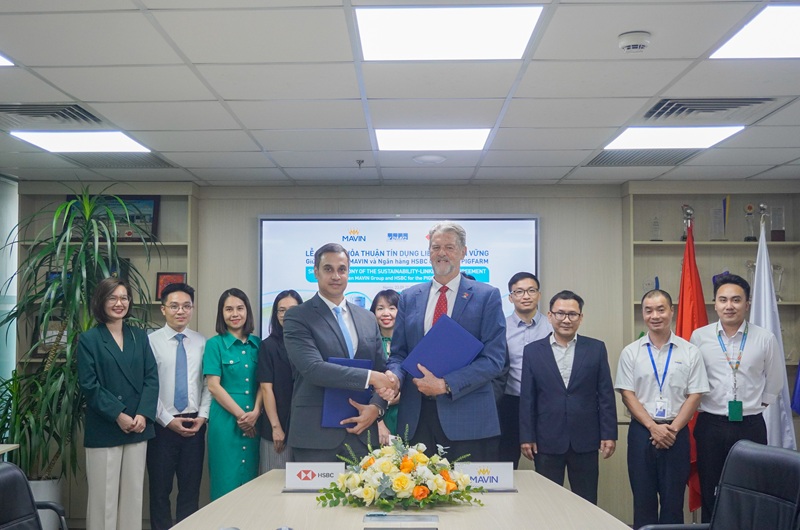
Vietnam’s Mavin Group and HSBC have officially signed a sustainability-linked loan (SLL) agreement to support Mavin’s swine farming business.
This marks another milestone in Mavin’s sustainability journey, following the successful SSL in 2024 for its animal feed operations.
“At Mavin Group, sustainability is not just a commitment. It is a fundamental principle shaping our future. To us, sustainability means building a company that is adaptive, resilient, and forward-thinking. It ensures that Mavin remains a thriving, future-ready business that our employees, stakeholders, and customers can take pride in,” said David John Whitehead, Mavin Chairman of the Board of Directors.
Meanwhile, Surajit Rakshit, Country Head of Global Trade Solutions at HSBC Vietnam, said: “We are delighted to partner with Mavin Group, providing them with financial solutions that support their commitment to improve energy, water, and antibiotics management. This agreement reflects HSBC’s capability in fostering sustainable business growth.”
The fact that Mavin has secured an SLL for its swine farming operations affirms that the agriculture sector – despite its complexities – can indeed access green capital with strong governance and ESG commitment.
This loan is a clear example of the joint efforts between businesses and financial institutions like HSBC in the development of green economic models, in line with Vietnam’s National Green Growth Strategy and the government’s Net Zero 2050 pledge.
Mavin’s Green-Digital-Automated transformation strategy
Under the newly signed agreement, HSBC will provide an SLL facility to support Mavin’s nationwide swine farming operations.
The funds will be invested in Mavin’s Green-Digital-Automated transformation strategy in livestock production, specifically to:
By 2027, for each unit of product, Mavin Farm aims to reduce:
These targets will be reviewed between 2025 toward 2027 by KPMG who conducted an assessment for environment and social KPIs of Mavin in 2024.
Aligned with international ESG standards
Mavin has established a comprehensive and transparent ESG data system and reporting process across its farms to improve transparency, professionalism, and alignment with international ESG standards.
This lays the foundation for mobilizing additional green capital in the future – especially within the livestock sector, which faces significant environmental and climate-related challenges.
Continuing the sustainable development journey
Mavin is currently one of the largest pig producers in Vietnam, with a sow herd capacity of 50,000 heads and an annual market supply of around 500,000 commercial pigs.
The group operates five high-tech nucleus breeding farms in Hung Yen, Nghe An, Gia Lai, and Dong Thap and maintains partnerships with over 100 satellite farms nationwide.
For more than 20 years, Mavin has remained steadfast in its commitment to sustainable agricultural development in Vietnam. The group has been a pioneer in adopting advanced technologies and automation to save energy, reduce emissions, and improve productivity.
Mavin also strives to create a happy and safe working environment for employees and actively contributes to local communities.
Sustainability-linked financing serves as a strategic enabler for Mavin to support incremental transition of Vietnam’s agriculture industry, while also creating opportunities for more businesses to engage in sustainable finance.
Subscribe now to the technical pig magazine
AUTHORS
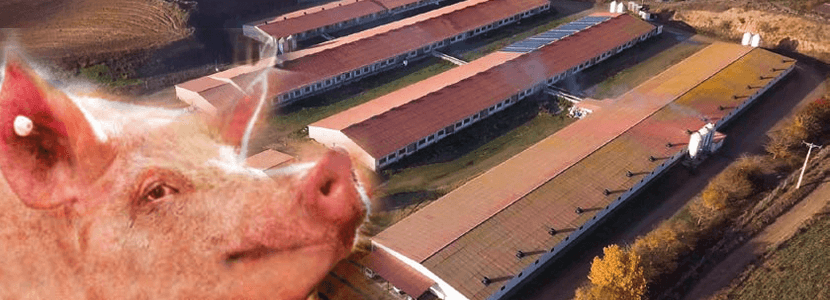
Bifet Gracia Farm & Nedap – Automated feeding in swine nurseries
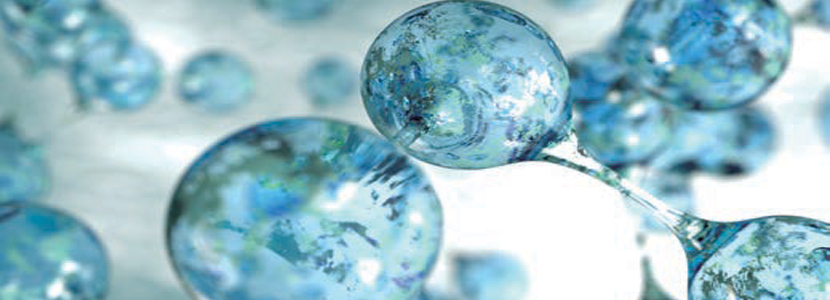
The importance of Water on pig farms
Fernando Laguna Arán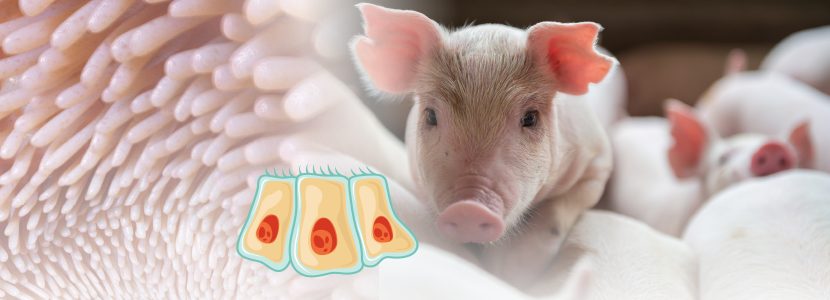
Microbiota & Intestinal Barrier Integrity – Keys to Piglet Health
Alberto Morillo Alujas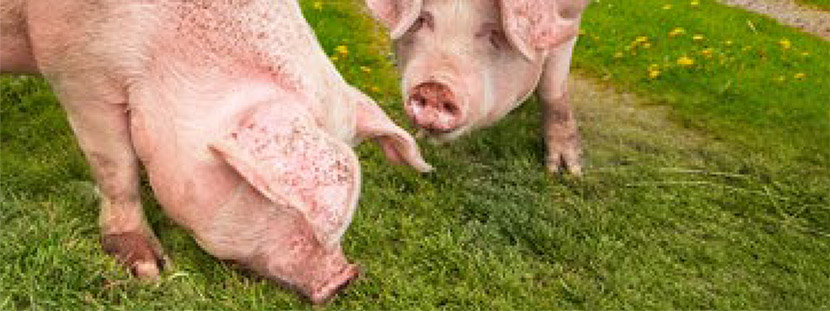
Impact of Reducing Antibiotic use, the Dutch experience
Ron Bergevoet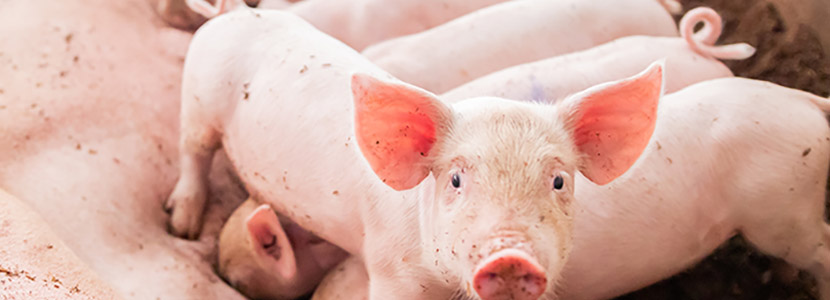
The keys to successful Lactation in hyperprolific sows
Mercedes Sebastián Lafuente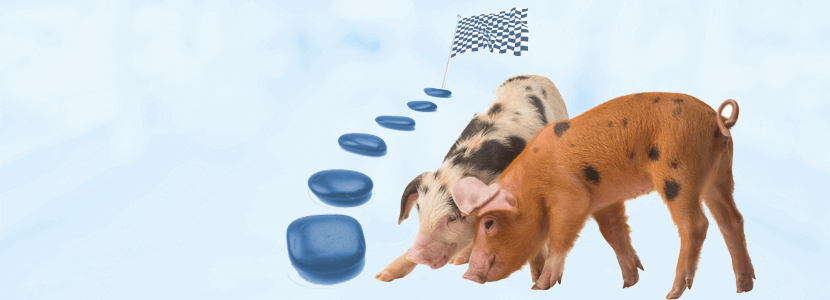
Addressing the challenge of Management in Transition
Víctor Fernández Segundo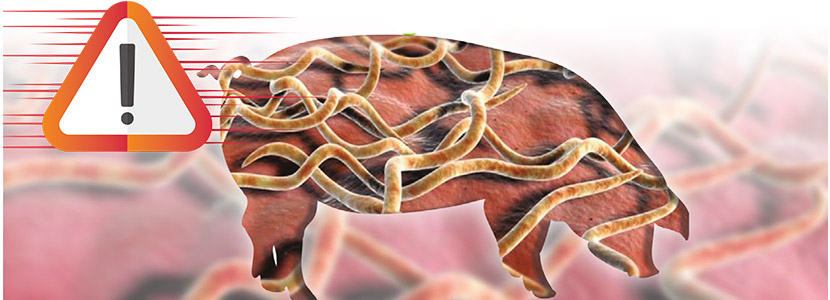
Dealing with the rise of Swine Dysentery
Roberto M. C. Guedes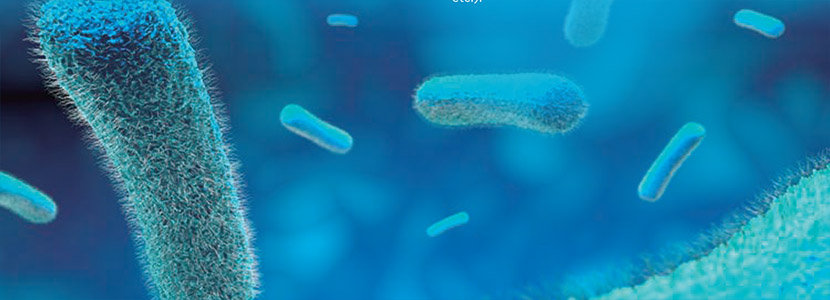
Actinobacillus pleuropneumoniae – What are we dealing with?
Marcelo Gottschalk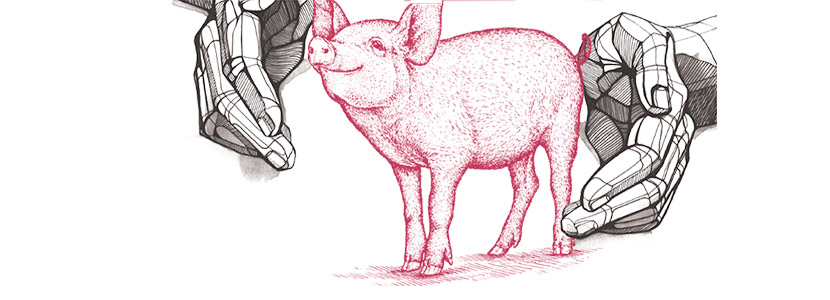
The new era of Animal Welfare in Pig Production – Are we ready?
Antonio Velarde
Gut health in piglets – What can we do to measure and improve it?
Alberto Morillo Alujas
Interview with Cristina Massot – Animal Health in Europe after April 2021
Cristina Massot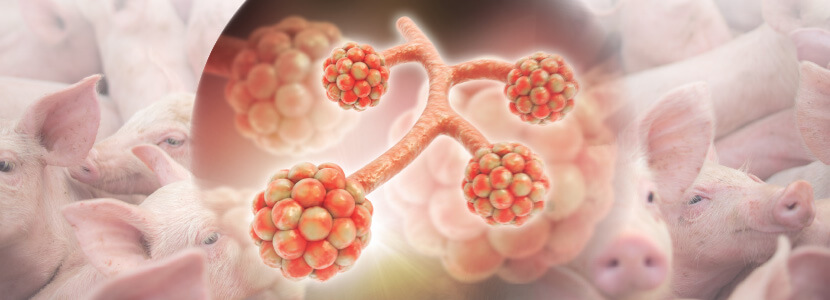
Differential diagnosis of respiratory processes in pigs
Desirée Martín Jurado Gema Chacón Pérez